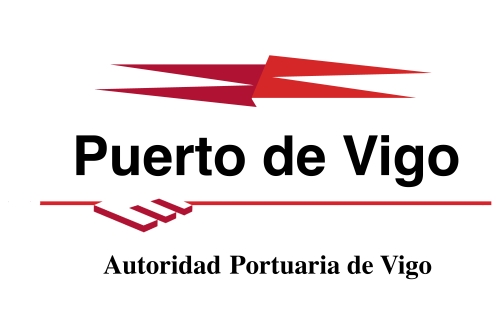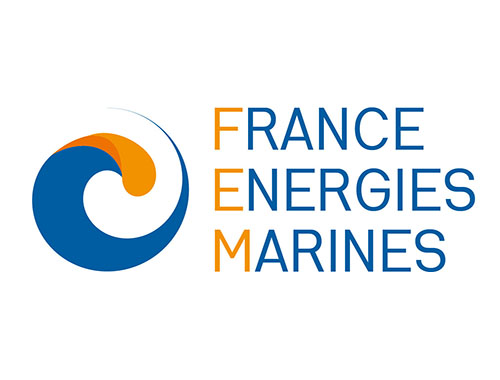Current Status
In Progress
Project Description
The EU has set 2050 as the target year for harnessing hydrogen (H2) as a
sustainable fuel for various uses, and ports can play a crucial role in
promoting the use of H2 as zero-emission energy. However, relying solely on
'green H2' is a long-term plan filled with barriers and challenges. One
challenge is the technical and economic optimization of H2 technologies, most
of which have not yet been tested and adapted in ports. Another short and
medium-term challenge is the integration of H2 with already implemented or
planned renewable energies in ports. The techno-economic viability of green H2
production largely depends on the available resources of the port and the
characteristics of the energy market, which play a fundamental role in
determining cost competitiveness. Each port presents unique characteristics
(e.g., different industrial activities, infrastructures), so potential
solutions differ. This variability must be captured through the analysis of
different and representative case studies across the Atlantic Space, which is
one of the project's objectives.
The main goal of this project is to assess, develop, and promote the
integrated use of green H2-based technologies with marine and other renewable
energies in ports of the Atlantic Area to drive their transition towards an
energy-efficient and decarbonized model. The project also has a cross-cutting
objective of conducting suitable feasibility studies for the development of a
sustainable hydrogen supply chain in the port, considering all involved actors:
clients, H2 producers, suppliers, etc., covering major lines of action:
production; integration with other renewable energies, storage, transportation,
distribution, and applications.
Objectives
- Provide information on the potential of H2 in energy efficiency and
decarbonization of ports.
- Facilitate informed decision-making.
- Stimulate joint discussion on current and future needs of ports regarding
H2.
- Guide the port sector in the path towards green H2 integration.
- Develop innovative solutions tailored to ports and support SMEs to
participate in the H2 ecosystem.
Expected Results
- Development of case studies involving local value chains in HYDEA port
systems (whether partners or associates) covering all energy flows through the
system and addressing techno-economic, environmental, and social
characteristics, highlighting strengths, weaknesses, and opportunities of the
chain.
- Creation of a business model, based on the case studies, to explore new
areas of product and service development. They are intended to be a lever to
attract funding sources during and after the project's completion with local
and regional impact.
- Decision Support System to facilitate the deployment of H2-based
technologies in Atlantic Space ports.
- Facilitation of SME innovation market entry through open calls, offering
testing and development facilities.
- Pilot projects of green hydrogen-based technologies to enable their
exploitation in ports (e.g., renewable energy storage, H2 production, fuel
supply, adaptation, digitization, H2 carriers - ammonia, methanol - fuel cells,
etc.).
- Dissemination actions (Open days/Open Labs) to engage society in the
development of H2 technologies.
- Transfer of know-how and technology to key stakeholders, end-users, and
society.
- Creation of the HYDEA community as a meeting point for a quadruple helix
agent focused on advancing H2.
- Individual Action Plan for each HYDEA port to provide guidance and
recommendations for H2 integration, covering, among others, production,
storage, distribution, and end uses.
- Roadmap for the entire Atlantic Area to guide port actions and policymakers towards the H2 era.
More information about the project: https://www.eu-hydea.eu/
Contribution
Green Port: Driving the
transition to a green port by evaluating, developing, and promoting the use of
green H2 technologies and renewable energies for the decarbonization of ports
and aligned with European objectives.
Innovative Port: Through the adoption
of emerging green hydrogen technologies and renewable energies, promoting a
cutting-edge, sustainable, and efficient port model.
Project funded by the EU through the Interreg Atlantic Area Program 2021-2027.








